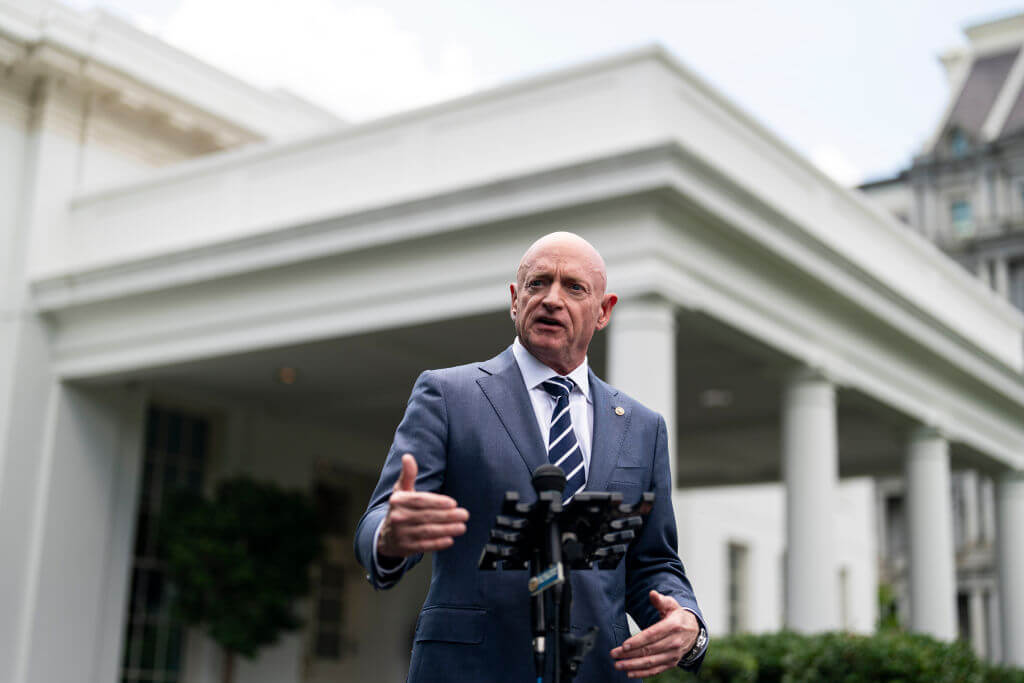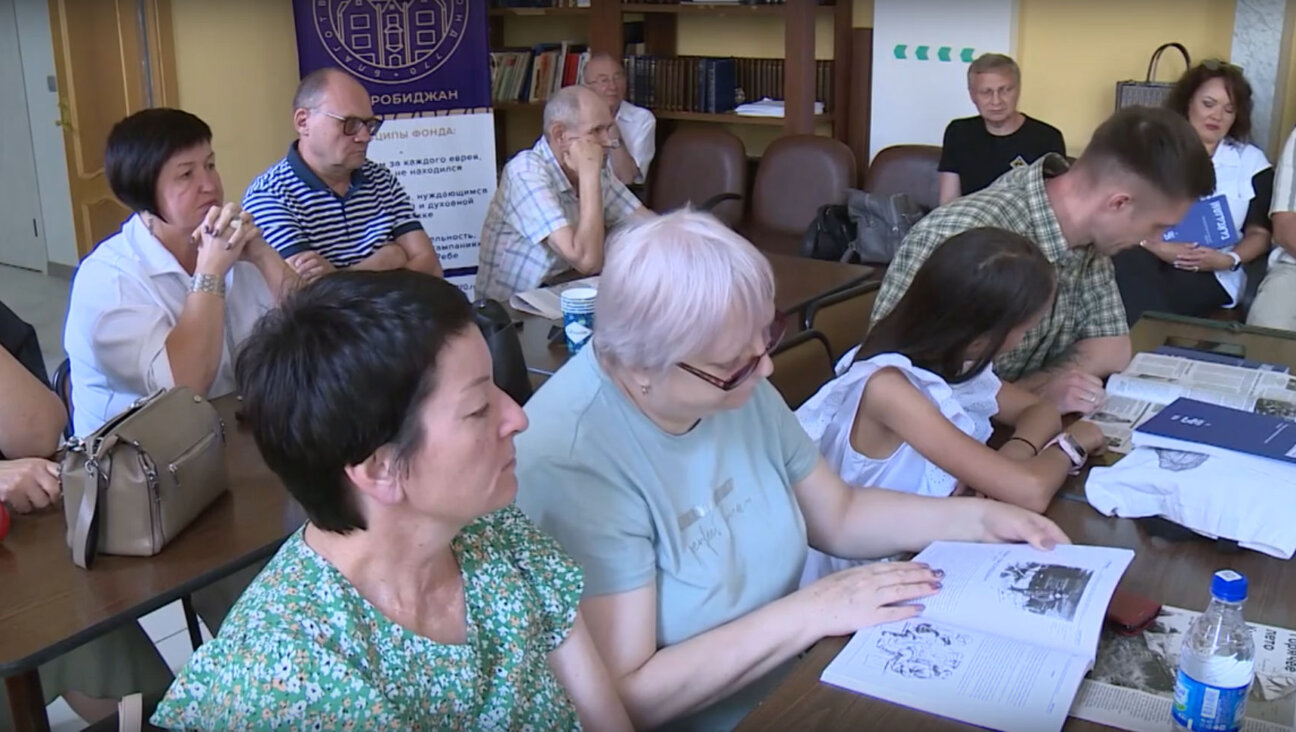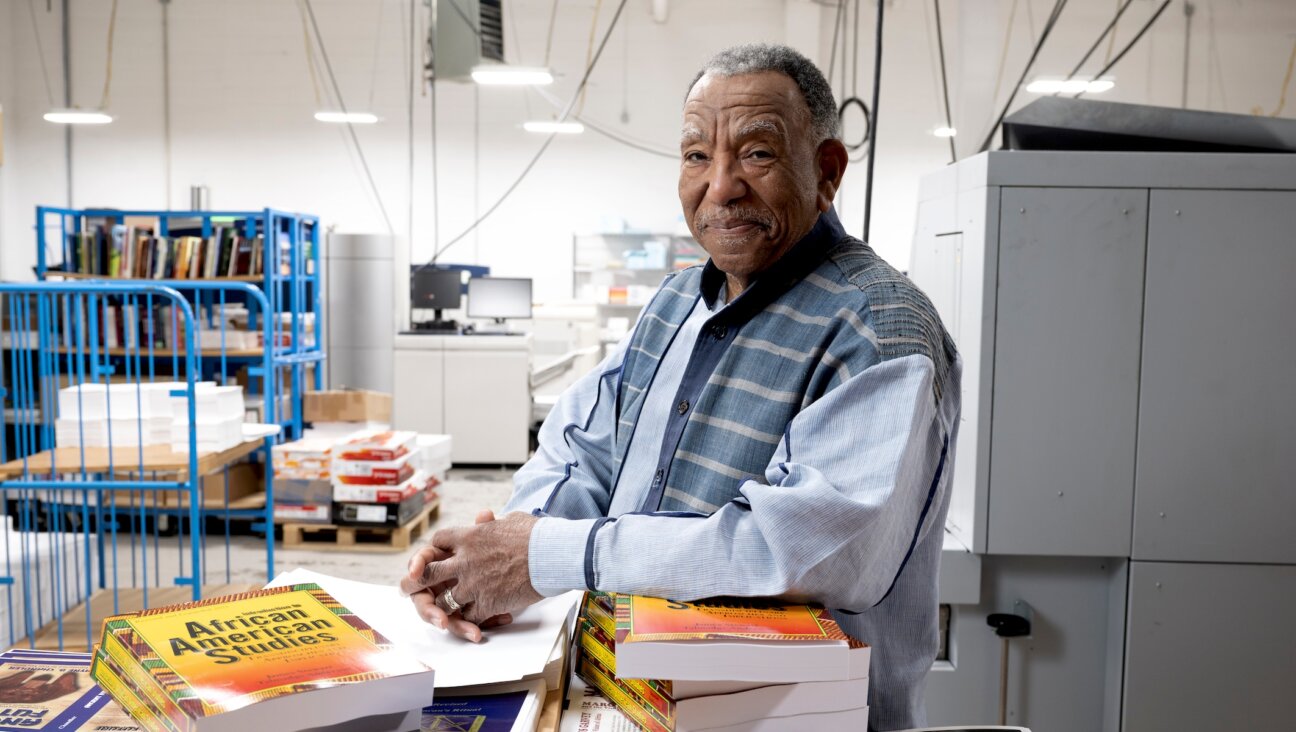Polish Prez on Jewish History
PRESIDENT OF POLAND TOUTS WARSAW’S MUSEUM OF HISTORY OF POLISH JEWS
“Our history is not complete if there is no history of Polish Jews,” declared Poland’s president, Lech Kaczynski, at the September 26 reception, held at the Polish Consulate in New York. The evening’s centerpiece was an overview of Warsaw’s Museum of the History of Polish Jews, due to open in 2010 on the site of what had been the Warsaw Ghetto. “It is not the 1,000-year history of the Polish Jews but the history of Europe, the history of Israel, the history of the United States.” Noting that 10% of Poland’s prewar “civic servants, military and victims of Stalin’s Katyn Forest massacre were Jews,” Kaczynski informed, “If you tried to decipher the pseudonyms of [some Polish] writers and poets… you’d find the names are actually Jewish.” He also noted that “Ben-Gurion, [Menachem] Begin and [Yitzhak] Shamir were Polish Jews.” Barbara Kirshenblatt-Gimblett, professor of performance studies at New York University’s Tisch School of the Arts and head of the museum team, presented video segments of the museum’s multimedia, state-of-the-art interactive “theater of history” settings. She said that “the first Jew, a Cordoban trader who came to Poland, will speak to you” and, montage by montage, one is led across centuries “to the emergence of the Bund and Zionism…. The history of the Jews of Poland does not end in the Holocaust.” Among the guests was a very buff Tovah Feldshuh, now starring in the new film “O Jerusalem.” In the movie, she portrays a 25-years-younger Golda Meir than the 1973 prime minister she aced onstage in “Golda’s Balcony.” When Sigmund Rolat, chairman of the museum’s North American Council, privately suggested that Feldshuh be the council’s representative, the actress, currently reading for “Irene’s Vow” (a play in which she portrays a Polish woman who rescued the Jews during the Holocaust), made no commitment.
In addition to consul general Krzystof Kasprzyk, the select gathering included David Marwell, executive director of the Museum of Heritage – A Living Memorial to the Holocaust; Janusz Makuch, president of the Jewish Culture Festival Society (Krakow); Laura Kruger, curator of the museum exhibitions of Hebrew Union College-Jewish Institute of Religion; Michael Berkowitz, treasurer of the museum’s North American Council; Saul Kagan, executive president emeritus of the Conference on Jewish Material Claims Against Germany; Samuel Harris, president of the Holocaust Memorial Foundation of Illinois; Peter Johnson and Peter Johnson Jr. (friends of Rolat and the museum), who were honored in March by the Jewish Community Relations Council, and Jerry Jacobs, chairman and executive producer of the Interfaith Committee of Remembrance. The committee’s November 3 free Interfaith Concert at the Cathedral of St. John the Divine will feature the Brooklyn Philharmonic under the baton of Arkady Leytush in a program to include works by Gustav Mahler and Aaron Copland, and George F. Handel’s Judas Maccabaeus.
CALDER PRIZE PRESENTED BY FRANCE’S FOREIGN MINISTER TO LITHUANIA
“Dostoyevsky believed ‘art will save the world,’” said Bernard Kouchner, France’s foreign minister, at a September 23 ceremony at the Cultural Services of the French Embassy. There he presented the Calder Prize to Lithuanian artist Zilvinas Kempinas. “I also believe in the United Nations… give it a chance,” Kouchner added. A doctor by training, Kouchner founded Medicins du Monde (Doctors Without Borders), for which he was awarded the Nobel Peace Prize in 1999. In his “shuttle” diplomacy address, Kouchner (1999-2001 United Nations secretary-general’s special representative for Kosovo) juxtaposed the glory of Alexander Calder’s art and his American-French ethos against concern for “the suffering, nightmare of pillage, rape and hunger” in Darfur, Lebanon, Palestine.” Born in the United States, Calder moved to Paris in 1926. There he adopted the French word mobile for the art form that made him a worldwide icon. Kouchner noted that Calder helped fellow artists (including Fernand Léger and Andre Bréton) flee the Nazis. After Calder died in 1976, his lawyer and close friend Stanley Cohen (who was present), founder of the Scone Foundation, and Calder family members donated some of his important works to French museums and set up the Calder prize ($50,000), which is awarded every two years to “contemporary artists who have completed exemplary work early in their careers.”
Among the champagne-sipping crowd were journalist Lally Weymouth; magazine photographer Elliott Erwitt; Mitchell Cohen, co-editor of Dissent and a professor at the political science departments at the Graduate School, CUNY, and Baruch College, CUNY, and Betsy McCaughey, chairman of the Committee to Reduce Infection Deaths (fittingly know as RID). Gung-ho about her organization, she handed me a brochure with RID’s 15-Step “to do” list that will help you leave a hospital alive. It offers such wishful-thinking suggestions that I wish I had the guts to demand, such as all personnel clean their hands before they put on gloves and touch me, and that doctors wipe the flat surface of their stethoscope with alcohol. Instructions not meant for the faint of heart.
REMEMBERING I.B. SINGER IN A PHILIP ROTH POSTCRIPT
Since the mention of my encounter with Philip Roth in last week’s column, I read a commentary about his latest book, “Exit Ghost,” that cites Roth’s protagonist and alter ego, Nathan Zuckerman, being asked about the characters taking over the book and writing themselves. This brought back a delicious Isaac Bashevis Singer memory. In 1973, Joseph Landis, then head of Queens College’s Jewish studies department, conducted a course titled “The Novels of Isaac Bashevis Singer With the Author Present”! At the front of the class, Singer — head resting on his hand, his elbow on the hard plastic student desk — faced an oversubscribed classroom of students. The assignment was to read a novel a week, then present your comments to the author. In an attempt to impress Singer, the young students would deconstruct and analyze the novels’ characters, investing them with subliminal motivation and psychological baggage. By the time we reached “The Magician of Lublin,” the central character, Yasha, “the magician,” had been so deeply psychoanalyzed and in need of therapy that Singer had had enough. He looked at the students, raised his shoulders and, in his inimitable Yiddish-accented articulation, declared, “Det’s very interesting… I never tot of det. I rite kerekters and de kerekters do vat de kerekters vant.”
A message from our CEO & publisher Rachel Fishman Feddersen

I hope you appreciated this article. Before you go, I’d like to ask you to please support the Forward’s award-winning, nonprofit journalism during this critical time.
We’ve set a goal to raise $260,000 by December 31. That’s an ambitious goal, but one that will give us the resources we need to invest in the high quality news, opinion, analysis and cultural coverage that isn’t available anywhere else.
If you feel inspired to make an impact, now is the time to give something back. Join us as a member at your most generous level.
— Rachel Fishman Feddersen, Publisher and CEO






















